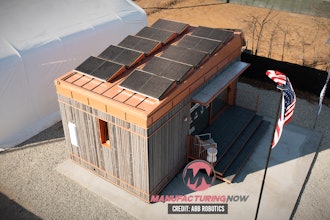Nobody ever said getting to the Moon was cheap but NASA’s work on the upcoming Artemis missions has blasted past the agency’s cost estimates.
NASA is adapting heritage hardware from its Space Shuttle era, including solid rocket boosters and RS-25 rocket engines. To help power the Artemis campaign’s Space Launch System (SLS) for the Orion crew capsule, the agency has spent $23.8 billion through 2022. That includes booster contracts with Northrop Grumman and two RS-25 engine contracts with Aerojet Rocketdyne.
According to a new audit performed by NASA’s Office of Inspector General, the agency’s booster and engine contracts have now gone $6 billion over budget and experienced more than six years of delays.
The report blamed the issues on what it called “assumptions” that the use of heritage technologies from the Space Shuttle and Constellation Programs were expected to result in significant cost and schedule savings compared to developing new systems for the SLS. However, according to the report, the complexity of developing, updating, and integrating new systems along with heritage components proved to be much greater than anticipated, resulting in the completion of only 5 of 16 engines.
“While NASA requirements and best practices emphasize that technology development and design work should be completed before the start of production activities, the Agency is concurrently developing and producing both its engines and boosters, increasing the risk of additional cost and schedule increases,” the Inspector General warned.
The report also suggested that Marshall Space Flight Center procurement officials have faced challenges including inadequate staff, their lack of experience, and limited opportunities to review contract documentation, while also accusing NASA of using cost-plus contracts when fixed-price contracts should have been considered.
NASA originally intended for its Artemis missions to put humans on the Moon by 2024. Last year, NASA Inspector General Paul Martin testified that the timeline will likely be pushed to 2026.






















